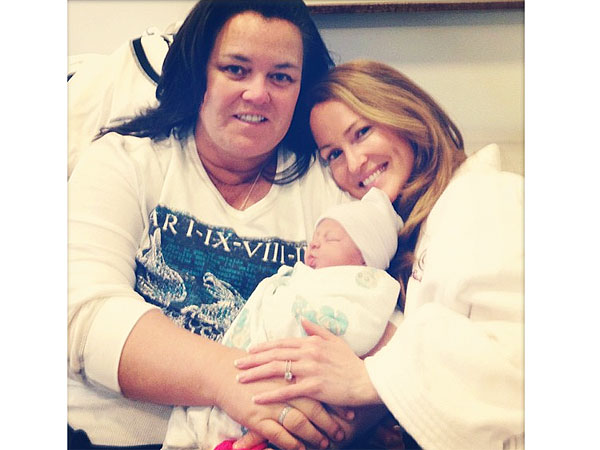At the start of the New Year, when weight loss is often a priority, building a support team to help keep us on track can be extremely helpful. This might typically consist of family members, friends, co-workers, or perhaps even a nutritionist or registered dietitian. But today, support can also be found online. Plenty of Web sites focus on losing weight, and include communities that provide support and encouragement. Since many of us spend a lot of time on social media sites–maybe too much if you ask my husband!–why not use these platforms as another tool for support? In fact, one study suggests employees participating in a workplace wellness program who also joined the company’s Facebook page, run by a registered dietitian, stayed with the program longer than those who didn’t.
[See Already Struggling With Your New Year's Resolution?]
Could it actually make sense that gluing ourselves to our mobile device or computer could help us shed pounds? It sounds like quite the oxymoron, since increased screen time doesn’t usually equate to weight loss. But here’s how to make social media sites work for you:
Facebook is a place where you can share what’s going on in your life with friends, but you may not feel comfortable announcing what you weigh or that you’re trying to lose weight. On the other hand, you may enjoy posting fitness milestones, such as training for and completing your first marathon, or a bike ride for your favorite charity. Sharing your fitness goals with the Facebook universe may be helpful, because the more people who know about it, the more likely you are to stay committed.
[See Small Steps, Big Change: How to Lose 50 Pounds Without Really Trying]
Rather than simply connecting with friends on the site, you can also connect with health and fitness professionals, such as registered dietitians, or pages for diet books, like mine, The Small Change Diet. You can also “like” the pages of health and fitness magazines and your favorite brands. The folks who run these pages may post articles that provide you with helpful weight-loss tips, and many organize regular Facebook chats, allowing you to ask an expert your questions. The more that healthy information is “in your face,” the more likely you are to stick to it.
Most importantly, you may discover a weight-loss community on Facebook, where like-minded individuals share their weight losses (or gains) and offer support. Daily accountability could be just what you need, and knowing others are rooting for you can make a world of difference. If you can’t find a Facebook community you like, start your own.
So many of my patients don’t have Twitter accounts, because they think they have nothing clever or witty to say. My advice to them is always the same: You don’t have to “say” anything; you can just follow, at least at the beginning. Registered dietitians (I’m @kerigans) have great tips and, if they’re like me, are more than happy to answer questions via Twitter. I’ve had followers tweet a picture of their dinner and ask what my dietitian colleagues and I thought of it–priceless information for free.
[See Best Plant-Based Diets]
Just as you do on Facebook, follow fitness professionals, health magazines, and other sources that provide weight-loss motivation. Once you feel comfortable, you may decide to join in the conversation, since that’s what social media is all about. Perfect example of how it can benefit you: One morning, I tweeted that I felt more like staying in my pajamas than going to yoga. Some of my followers chimed in that they were feeling the same way, BUT stressed that we should all still exercise. And so we all did. And trust me, none of us regretted going–rather, we were thankful for each other.
[See Are Mobile Health Apps Helpful?]
Seek out people on Twitter and Facebook who you find inspirational, and hopefully a little of what they do will rub off on you. Since nothing is etched in stone, you can unfollow, unlike, or unfriend them if they aren’t helping you. And please keep in mind that while social media can be another tool in your pursuit of weight loss, it’s not the end all. Healthy eating, fitness, and plenty of sleep actually need to happen away from a screen.
Hungry for more? Write to [email protected] with your questions, concerns, and feedback
Keri Gans, MS, RD, CDN, is a registered dietitian, media personality, spokesperson, and author of The Small Change Diet. Gans’s expert nutrition advice has been featured in Glamour, Fitness, Health, Self and Shape, and on national television and radio, including The Dr. Oz Show, Good Morning America, ABC News, Primetime, and Sirius/XM Dr. Radio.
Social Media News Headlines – Yahoo! News
Title Post: Can Social Media Help You Lose Weight?
Url Post: http://www.news.fluser.com/can-social-media-help-you-lose-weight/
Link To Post : Can Social Media Help You Lose Weight?
Rating:
100%
based on 99998 ratings.
5 user reviews.
Author:
Thanks for visiting the blog, If any criticism and suggestions please leave a comment










